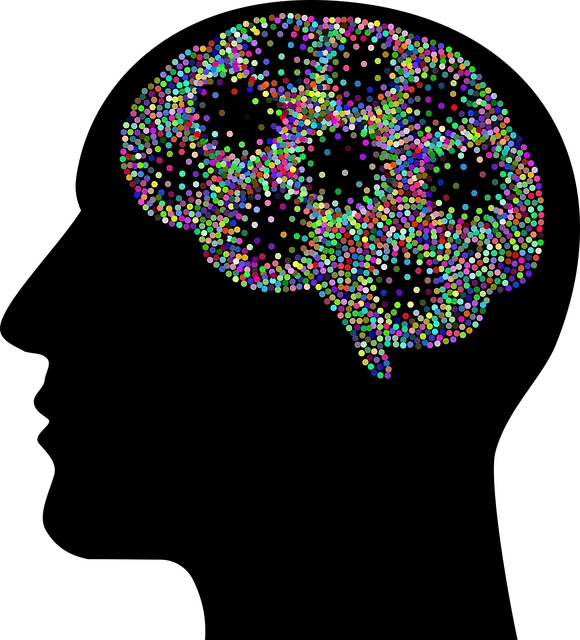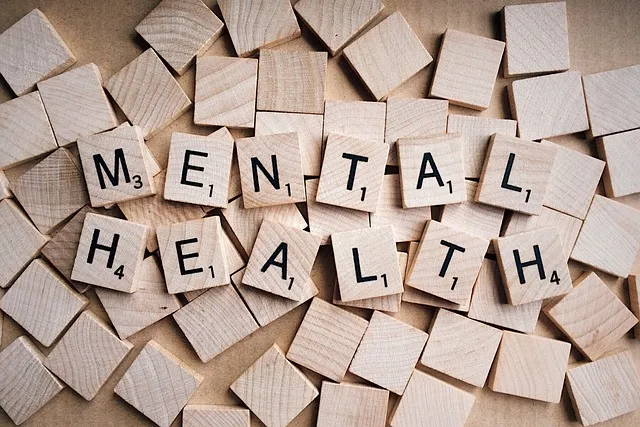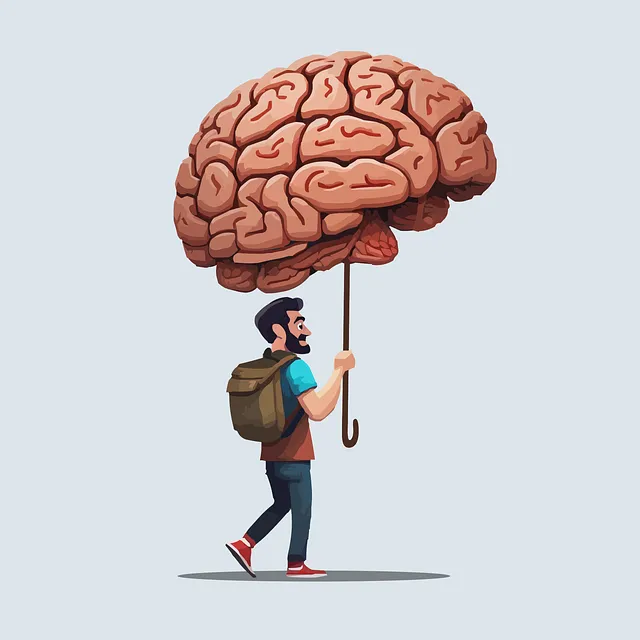Northglenn Kaiser Permanente is committed to enhancing community mental well-being by addressing stress, a common yet detrimental aspect of modern life. They promote emotional intelligence and holistic coping skills through campaigns, workshops, and programs, empowering individuals to manage stress effectively. By integrating mindfulness, relaxation techniques, and coaching, they foster resilience, reduce anxiety, and support better mental health outcomes, all under the umbrella of Northglenn Kaiser Permanente mental health services.
Stress management techniques are essential for maintaining optimal mental health. In today’s fast-paced world, understanding how stress impacts our well-being is crucial. Northglenn Kaiser Permanente plays a pivotal role in educating individuals on managing stress effectively. This article explores various strategies, from mindfulness and relaxation practices to building resilience, offering valuable insights into long-term stress management. By employing techniques taught by organizations like Northglenn Kaiser Permanente, one can significantly enhance their mental health and overall quality of life.
- Understanding Stress and Its Impact on Mental Health
- The Role of Northglenn Kaiser Permanente in Teaching Stress Management
- Effective Techniques for Managing Daily Stress
- Integrating Mindfulness and Relaxation Practices at Home
- Building Resilience: Long-Term Strategies for Stress Management
Understanding Stress and Its Impact on Mental Health

Stress is a natural response to demanding situations, but when left unmanaged, it can have significant effects on mental health. At Northglenn Kaiser Permanente, we recognize that understanding stress is the first step towards fostering robust mental well-being. Prolonged or excessive stress may lead to various mental health challenges, such as anxiety disorders and depression. It can disrupt sleep patterns, impact concentration, and even contribute to physical health issues. By raising public awareness through campaigns and educational initiatives, Kaiser Permanente aims to empower individuals with knowledge about stress management techniques.
This includes promoting emotional intelligence—the ability to recognize and manage one’s emotions effectively. Additionally, developing coping skills is vital. Through various programs, Kaiser Permanente Northglenn encourages the community to learn healthy strategies to navigate stressful situations, ensuring a more balanced and resilient mindset.
The Role of Northglenn Kaiser Permanente in Teaching Stress Management

Northglenn Kaiser Permanente stands as a beacon of mental health awareness and wellness within the community. They recognize that stress management is an integral part of overall well-being, offering various programs and workshops to educate individuals on navigating life’s challenges. Through interactive sessions, they guide folks in adopting effective conflict resolution techniques, a key aspect of stress reduction. By fostering Mental Health Awareness, Northglenn Kaiser Permanente empowers residents to take control of their mental health and find sustainable Anxiety Relief.
Their approach is holistic, focusing not just on teaching stress management techniques but also on building resilient minds and bodies. The organization’s commitment to community education ensures that people from all walks of life have access to valuable resources, enabling them to lead happier, healthier lives.
Effective Techniques for Managing Daily Stress

In today’s fast-paced world, stress has become an all too common companion for many individuals. Northglenn Kaiser Permanente mental health experts advocate several effective techniques to manage this ubiquitous challenge. One powerful tool is Emotional Intelligence, which equips people with the ability to recognize and regulate their emotions, leading to better stress coping mechanisms.
Additionally, cultivating mindfulness through meditation and deep breathing exercises can significantly reduce daily stress levels. Public Awareness Campaigns Development plays a crucial role in disseminating these practices, promoting mental well-being across communities. Further, Depression Prevention initiatives, often integrated into stress management programs, aim to equip individuals with strategies to safeguard their mental health before stress escalates.
Integrating Mindfulness and Relaxation Practices at Home

Integrating mindfulness and relaxation practices at home is a powerful way to manage stress and promote mental well-being, especially for those seeking support from Northglenn Kaiser Permanente’s mental health services. By dedicating even just a few minutes each day to these techniques, individuals can significantly reduce anxiety and improve their overall quality of life. Simple practices like deep breathing exercises, meditation, or yoga can be incorporated into daily routines to foster calmness and present-moment awareness.
These at-home strategies not only benefit the mind but also contribute to better physical health. They encourage a sense of control and self-care, which are essential aspects of managing stress effectively. Moreover, regular engagement in mindfulness practices can enhance communication strategies among mental health professionals and clients, fostering a collaborative environment that supports risk management planning while simultaneously working towards Mental Illness Stigma Reduction Efforts.
Building Resilience: Long-Term Strategies for Stress Management

Building resilience is a key aspect of long-term stress management strategies, and Northglenn Kaiser Permanente mental health professionals play a vital role in equipping individuals with tools to navigate life’s challenges. The Mental Wellness Coaching Programs Development focuses on fostering adaptability and self-care practices that promote mental wellness. Through these programs, individuals learn to embrace setbacks as opportunities for growth, enhancing their ability to bounce back from stressful situations.
The Mind Over Matter Principles guide patients in reframing negative thoughts and cultivating a positive mindset, which is crucial for risk management planning in mental health. By understanding and managing stress at its root, professionals enable clients to proactively address stressors before they escalate. This proactive approach, combined with effective coping mechanisms, empowers individuals to maintain their mental health and overall well-being, ensuring a more fulfilling and balanced life.
Stress management techniques are essential tools for maintaining optimal mental health, as demonstrated by initiatives like those at Northglenn Kaiser Permanente. By understanding the impact of stress and adopting effective strategies such as mindfulness, relaxation practices, and building resilience, individuals can take control of their well-being. These techniques, when integrated into daily routines, offer long-term benefits, empowering folks to navigate life’s challenges with greater ease and resilience, ultimately enhancing their mental health journey.






